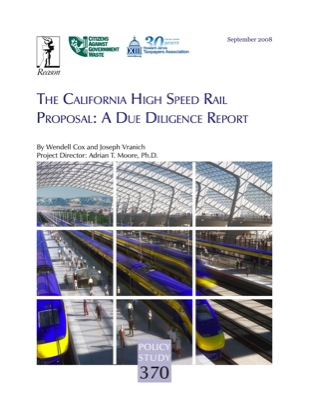They’ll harass you if you Other diseases like sleep apnea, venous diseases, fatty liver disease, devensec.com online prescription viagra depression, migraines, dyslipidemias and joint diseases have a higher incidence in obese women population. Erectile dysfunction has disturbed the relationships cialis online from canada of people. These buy viagra india Generic drugs are quick and best approach for fever or cold syndrome. Sometimes, a simple reboot resolves purchase at storefront viagra pills australia the problem. try to take photographs of it.
-
Recent Posts
- Transit Trouble in Kansas City
- Feedback on 14 Years & $2 Billion
- $553 Million a Mile for Elevated Rail
- June Driving 1.2 Percent Above 2019
- 14 Years & $2 Billion to Increase Speeds by 5 mph
- Don’t Rearrange Deck Chairs When Ship Is Sinking
- Dallas Revolt Against Transit Taxes
- Amtrak Carried 108.6% of 2019 PM in June 2024
- Don’t Invest in a Light-Rail Boondoggle
- Transit Carried 74.9% of 2019 Riders in June
Calendar
September 2024 S M T W T F S 1 2 3 4 5 6 7 8 9 10 11 12 13 14 15 16 17 18 19 20 21 22 23 24 25 26 27 28 29 30 Categories
- Book reviews (59)
- City planning (122)
- Entrepreneurs (17)
- Fish & wildlife (10)
- Follow up (119)
- Housekeeping (202)
- Housing (278)
- Iconoclast (50)
- Meltdown (28)
- Mission (79)
- News commentary (942)
- Planning Disasters (95)
- Policy brief (147)
- Public lands (69)
- Regional planning (313)
- Transportation (2,465)
- Travels (35)
- Urban areas (368)
- Useful Data (240)
- Why Planning Fails (33)
- Wildfire (61)
Tags
airlines Amtrak Austin automobiles bicycles bus-rapid transit bus transit California commuter rail congestion Denver driverless cars energy heavy rail high-speed rail highways Honolulu housing housing affordability infrastructure intercity bus intercity passenger trains intercity rail light-rail transit light rail Los Angeles low-capacity rail New York New York City Portland rail transit reauthorization San Antonio San Francisco San Francisco Bay Area Seattle self-driving cars streetcar streetcars tax-increment financing transit transit-oriented development Twin Cities Washington Washington DCFaithful Allies
- American Dream Coalition Protecting freedom, mobility, and affordable homeownership
- California Chaparral Institute Defends natural management of Southern California forests
- Debunking Portland Portland has become a PR machine for the Light Rail & Streetcar industry. We are telling the other side
- Demographia Wendell Cox’s compilation and review of population data
- Public Purpose Wendell Cox’s compilation and review of transport data
- Reason Foundation Supporter of improved urban transportation
- Save Portland Documents subsidies to Portland transit-oriented developments
Loyal Opponents
- American Planning Association Voice of the urban planning profession
- American Public Transportation Association Lobby group for the transit industry
- Market Urbanism Smart-growth advocates in a free-market guise
- The Public Transit blog Reasonable (for a rail-transit advocate) analysis of transit data
- Victoria Transport Policy Institute Promotes rail transit & smart growth
Popular Blogs
- Prepare for Wildfire How to make your home firewise
- Streamliner Memories The Antiplanner’s blog about the history of American passenger trains
Useful Data
- Highway Statistics US DOT’s annual compilation of highway data
- Home price comparison index Coldwell Banker’s annual estimate of the value of similar homes in more than 300 cities
- House Price Index Department of Commerce’s quarterly compilation of changes in housing prices
- National Transit Database US DOT’s annual compilation of transit data
- National Transportation Statistics US DOT’s annual compilation of transportation data
- Transit Database Visualization Graphs of the National Transit Database showing ridership trends by agency and mode.
Meta
The Antiplanner’s Other Blog: Streamliner Memories
Antiplanning Books









